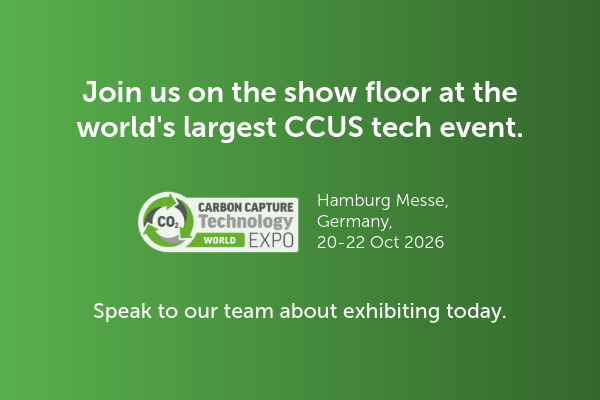A Comparative LCOX analysis of SAF production via Methanol and Fischer–Tropsch routes
As the aviation sector faces mounting pressure to decarbonize, sustainable aviation fuel (SAF) has emerged as a key solution. This study presents a comprehensive techno-economic and environmental analysis of incorporating clean hydrogen into the renewable energy mix for SAF production, with a particular focus on the levelised cost of SAF (LCOX). The analysis evaluates two competing pathways: the methanol route, in which renewable methanol (synthesised from CO₂ captured from the air and clean hydrogen produced via solar-powered electrolysis) is upgraded into SAF; and the conventional Fischer–Tropsch (FT) route, which directly converts CO₂ and hydrogen. Using a systems integration approach, this work assesses the impacts of solar panel efficiency, electrolyser performance, carbon capture requirements, and fuel synthesis conditions on overall energy efficiency, LCOX, and lifecycle greenhouse gas emissions. The methanol route is analysed for its modularity, compatibility with existing infrastructure, and potential for decentralised production, while the FT route is evaluated for scalability and current industrial maturity.
Preliminary results indicate that, under certain technological and market assumptions, the methanol pathway can offer competitive or even lower LCOX values than the FT route, particularly in regions with high solar irradiance and access to low-cost clean hydrogen. The study concludes by discussing policy and investment implications for accelerating clean hydrogen integration and SAF deployment in line with global net-zero aviation targets.
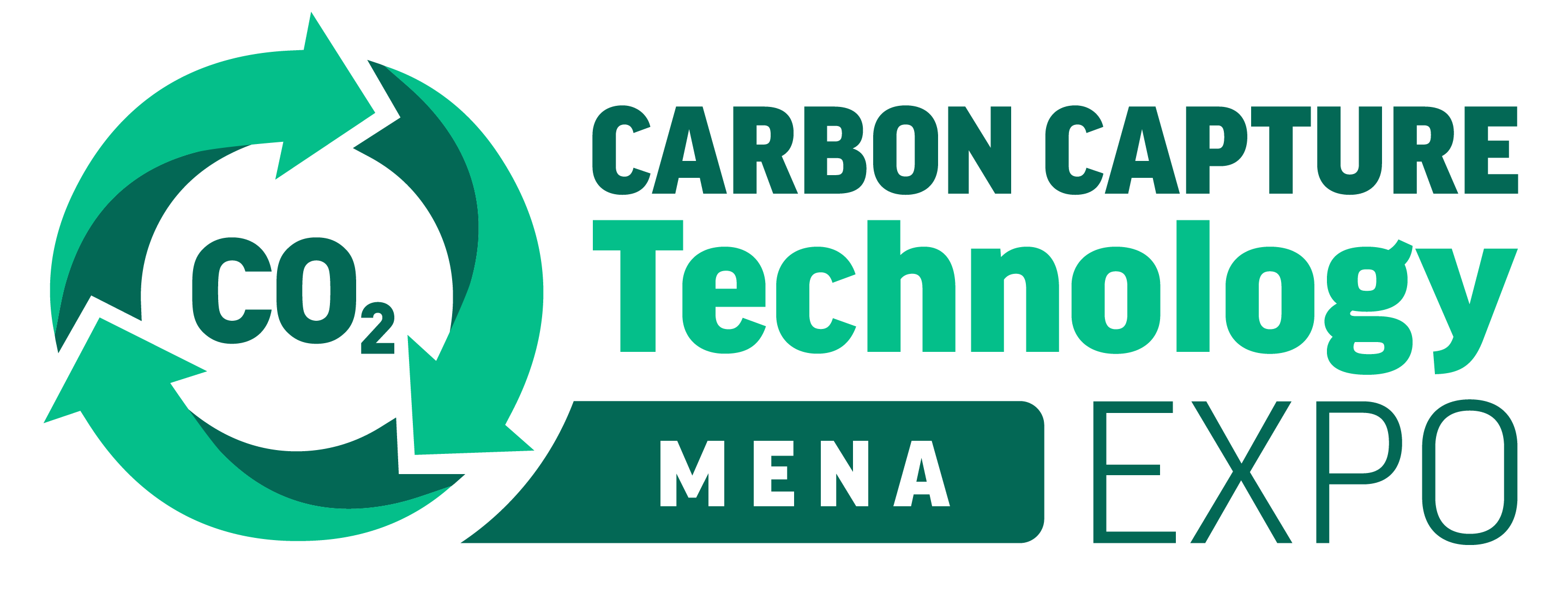
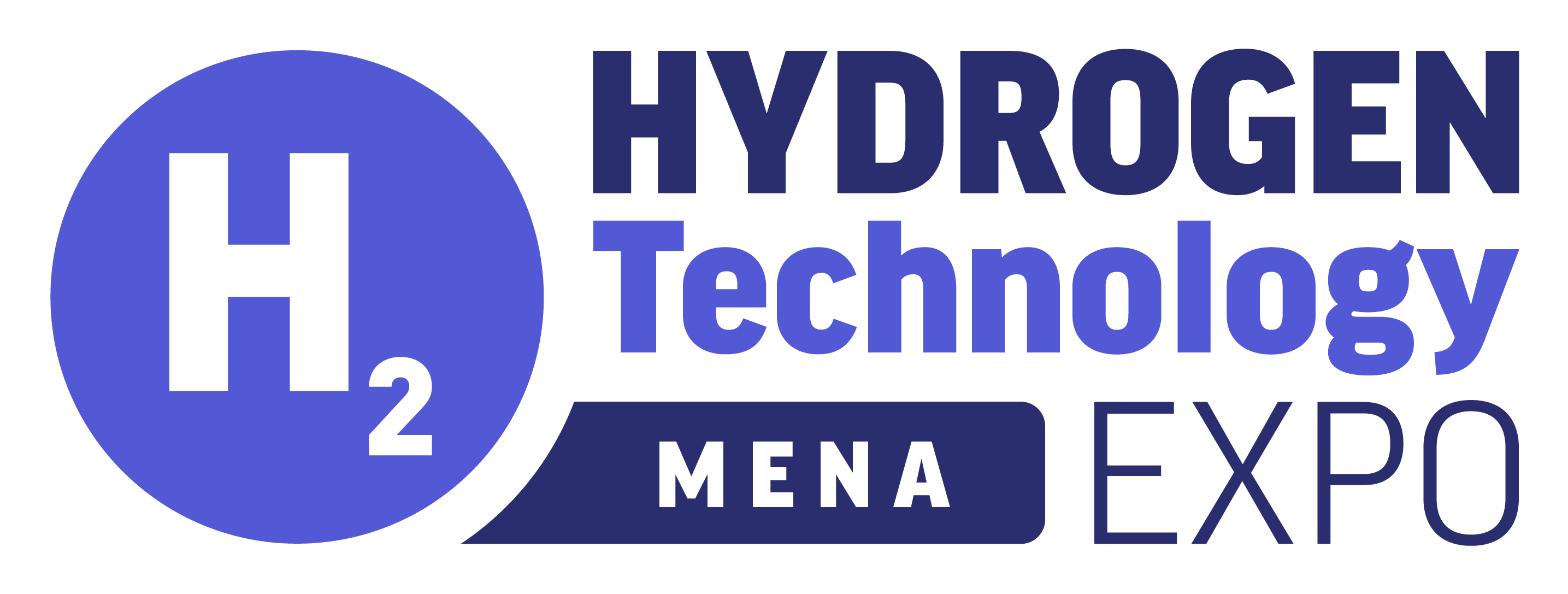
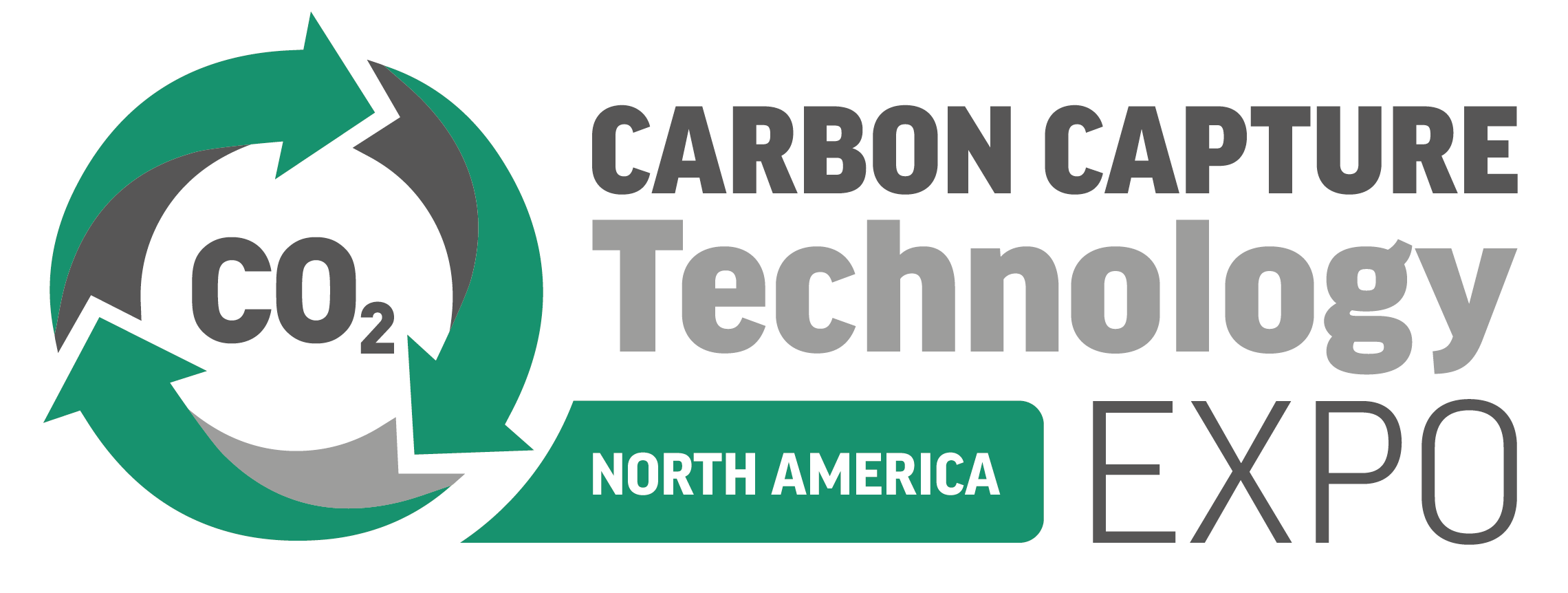
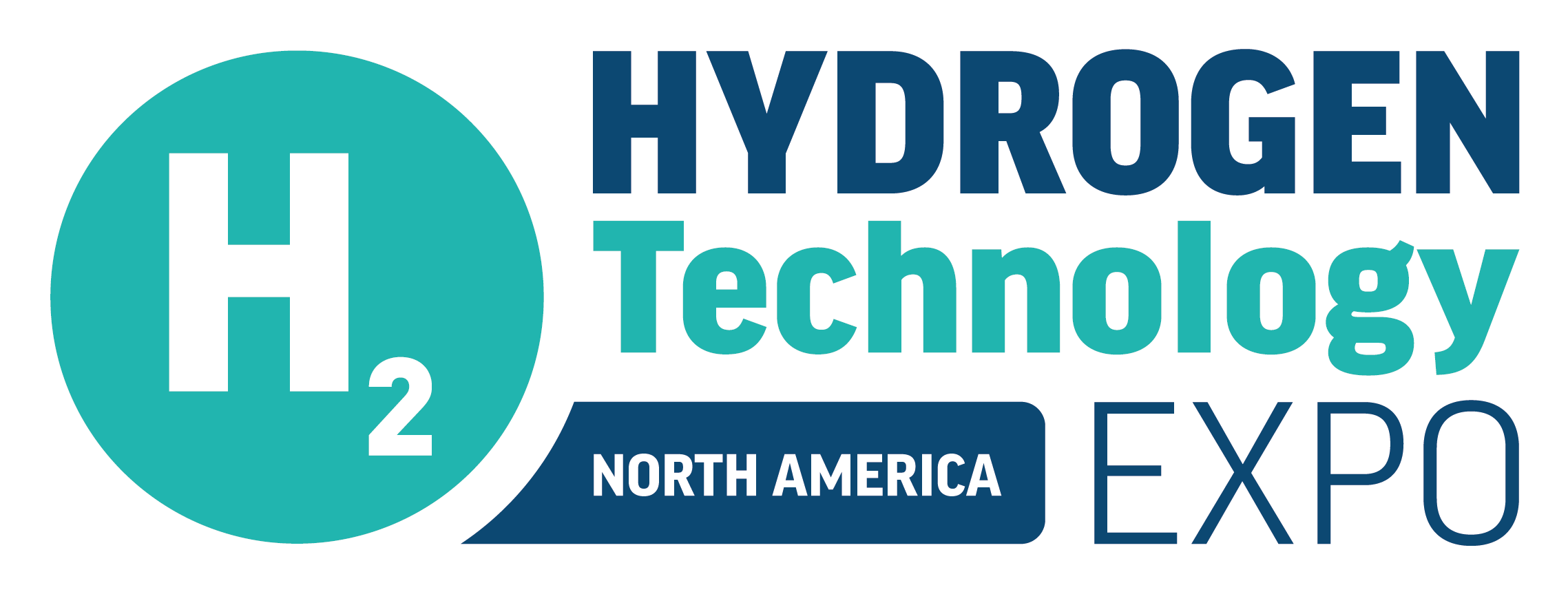
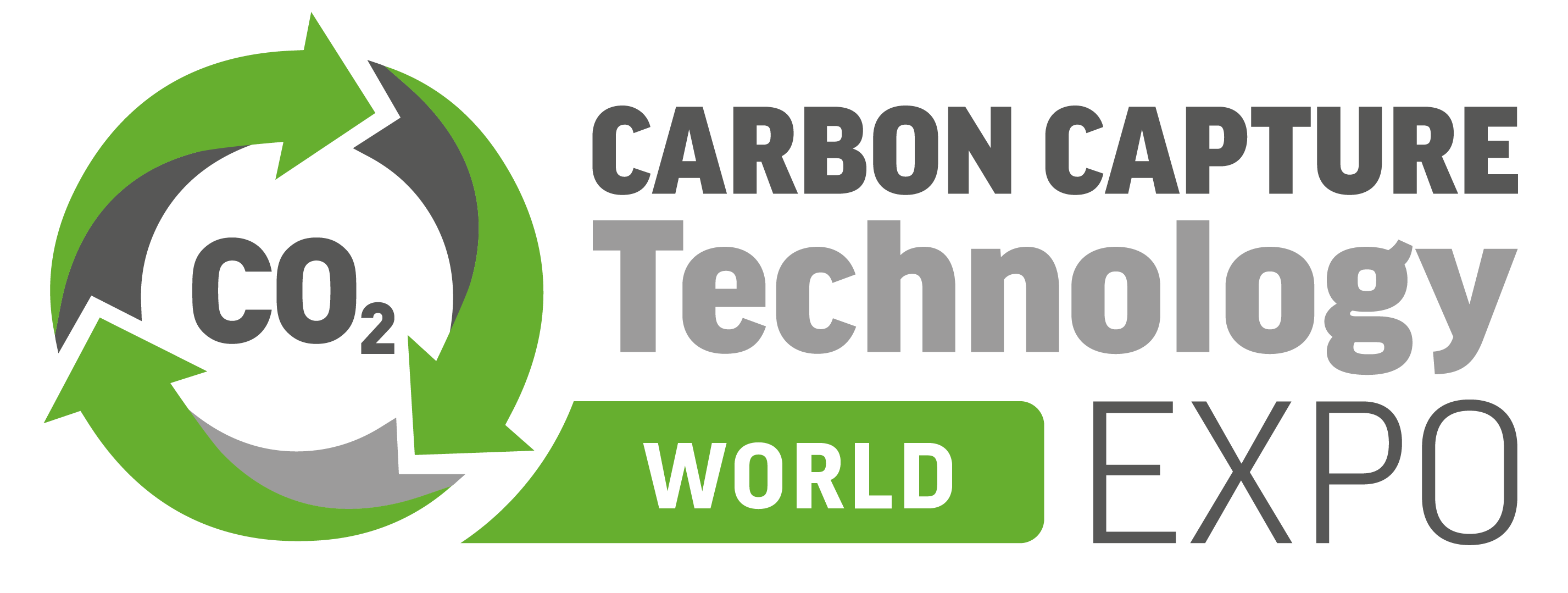
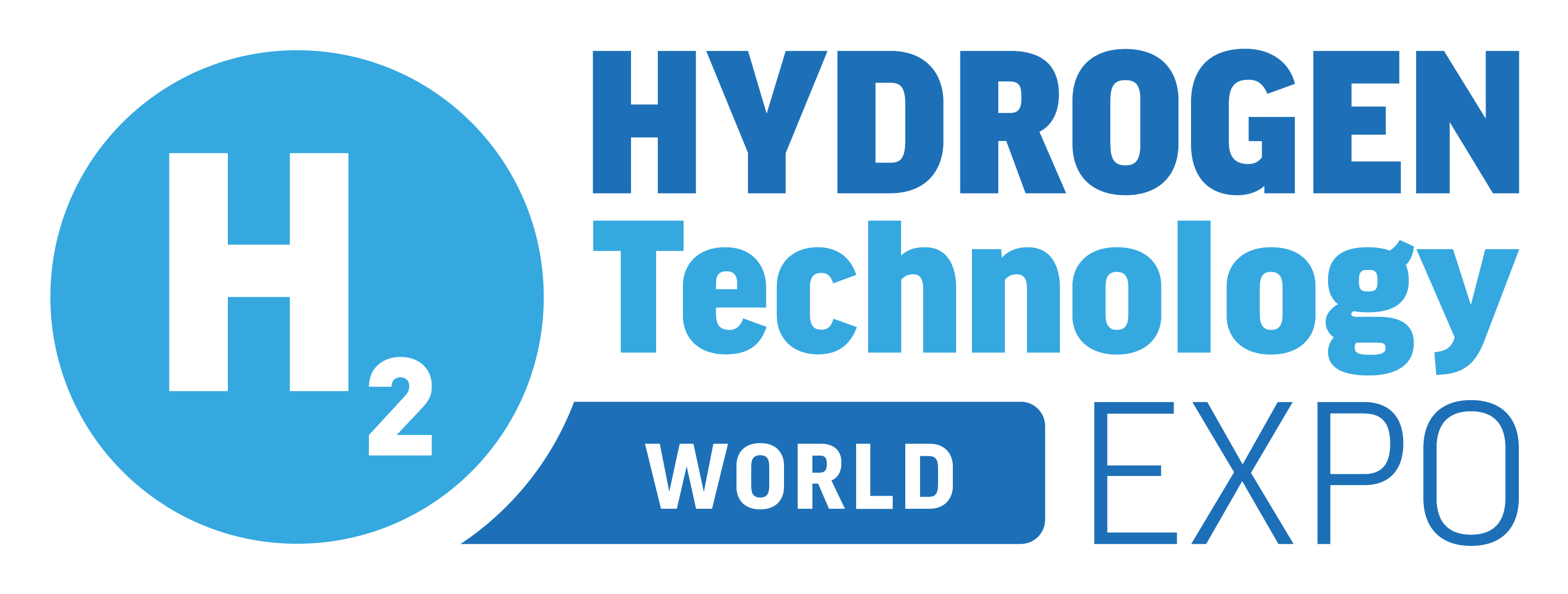


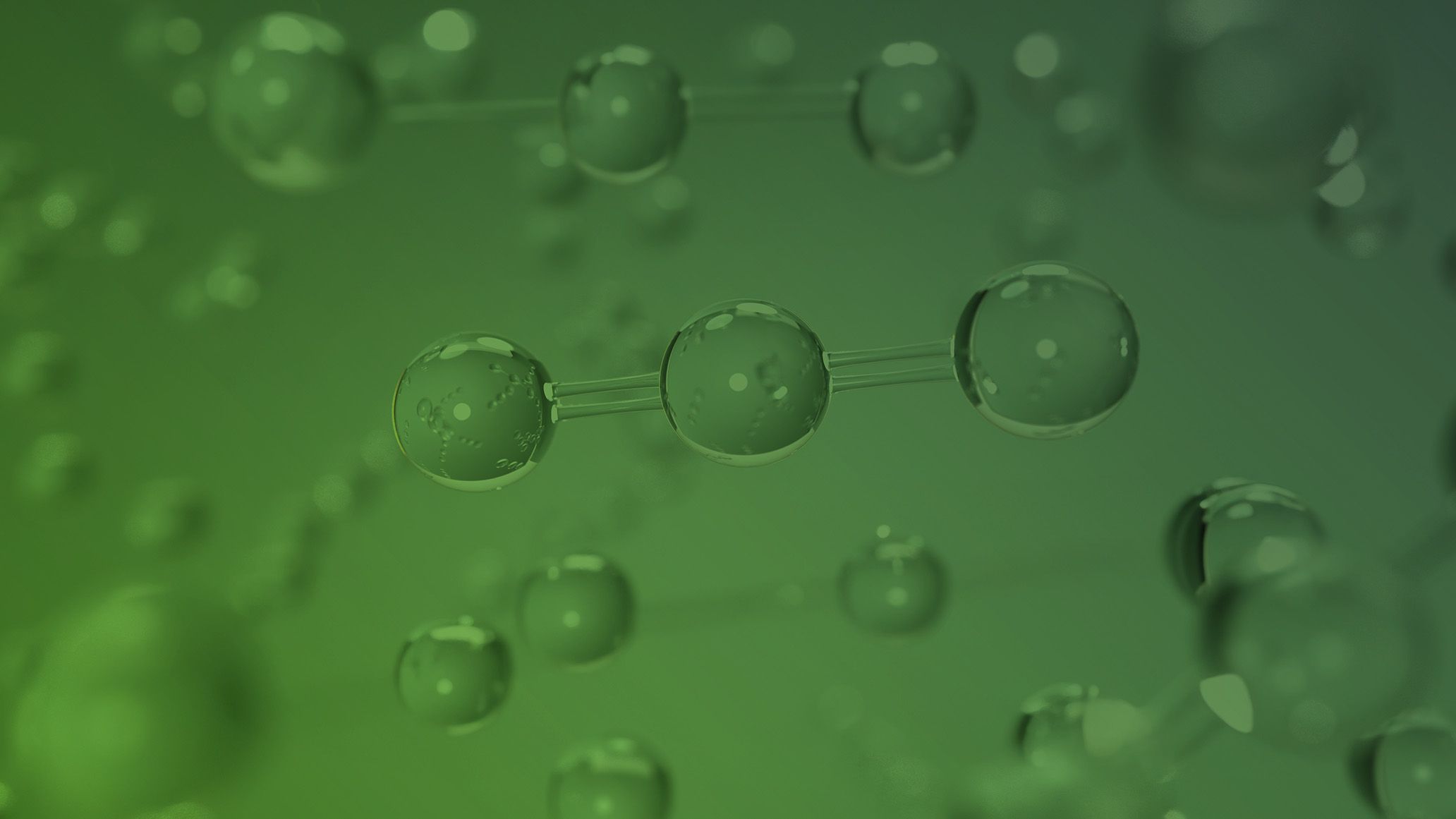

)
)
)
)
)
)
)
)
)
)
)
)
)
)
)
)
)
)
)
)
)
)
)
)
)
)
)
)
)
)
)
)
)
)
)
)
)
)
)
)
)
)
)
)
)
)
)
)
)
)
)
)
)

)
)
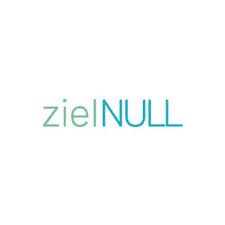
)
)
)
)
)
)
)
)
)
)

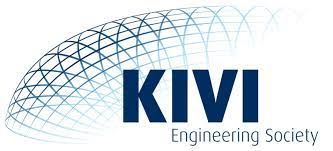
)
)
)
)
)
)

)
)

)
)
)
)
)
)
)
)

)
)
)

)
)
)
)
)
)
)
)
)
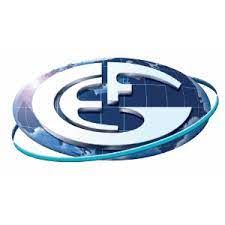

)
)
)

